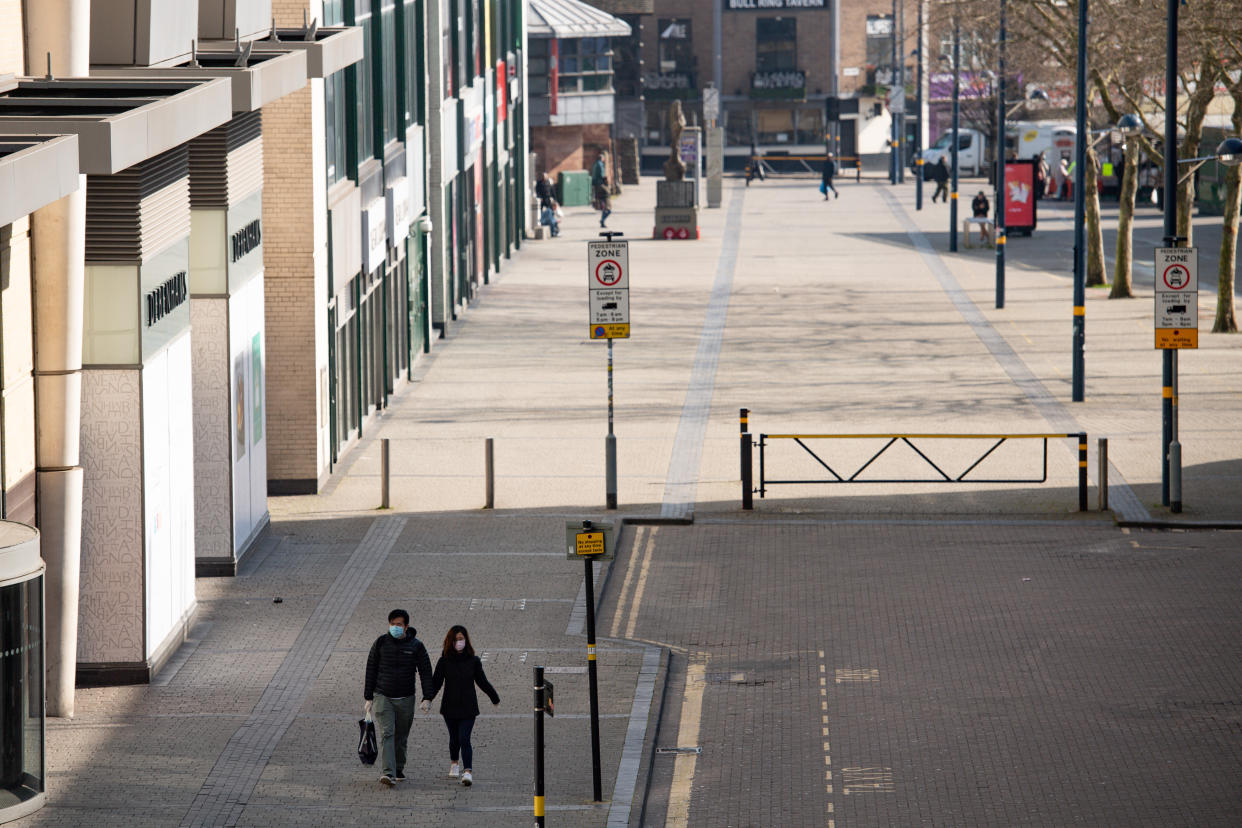Coronavirus: Lockdowns are not best way to tackle COVID-19, says top WHO adviser

A top World Health Organization adviser has said lockdowns are not the best way to tackle the coronavirus pandemic.
More than a third of the world’s nations are under lockdown due to the COVID-19 crisis, which has cost more than 83,000 lives.
However, Dr Bruce Aylward, senior adviser to WHO director general Dr Tedros Adhanom Ghebreyesus, said the “key to stopping this” is instead testing, isolation and contact tracing.
Speaking at a WHO press conference, he added: “We are in the middle of a war, here – a very, very serious war that we are only beginning to understand.
“We have to accept we are in a situation and we have to do everything we can to save lives, reduce transmission, and get societies back to the new normal way of functioning.”
Dr Aylward’s remarks about lockdowns would appear to be supported by the example of South Korea, where cafes and shops remain open.
Latest coronavirus news, updates and advice
Live: Follow all the latest updates from the UK and around the world
Fact-checker: The number of COVID-19 cases in your local area
6 charts and maps that explain how COVID-19 is spreading
South Korea is seen by many as the world’s leader in restricting the spread of COVID-19 thanks to its extensive testing and contact tracing programme.
As of Wednesday, South Korea – population 51 million – had suffered just 200 deaths and 10,384 confirmed cases.

This is despite initially being the second worst affected country, behind China, at the beginning of the outbreak. It has carried out 486,003 tests.
This compares to the UK – population 66 million – which has been under lockdown for more than two weeks and now has a death toll of 7,097. There are 60,733 confirmed cases, with 232,708 tests carried out.
Read more: How South Korea is successfully tackling COVID-19 without shutting down
Dr Youngmi Kim, an expert in Korean public policy from the University of Edinburgh, said it was the South Korean government’s speed at the beginning of the outbreak that made the key difference.
She told Yahoo News UK last week: “They traced all these patients who got positive tests: where they visited and who they met. If they had visited supermarkets, shops or libraries, they closed those venues for two weeks and sanitised them.
“Also, they investigated all those people they had contacted and they had the same testing procedure.”
Another reason South Korea has been able to avoid lockdown is a special mobile phone app which pings when there is a coronavirus patient nearby: something which raises obvious civil liberty issues.

 Yahoo News
Yahoo News 

